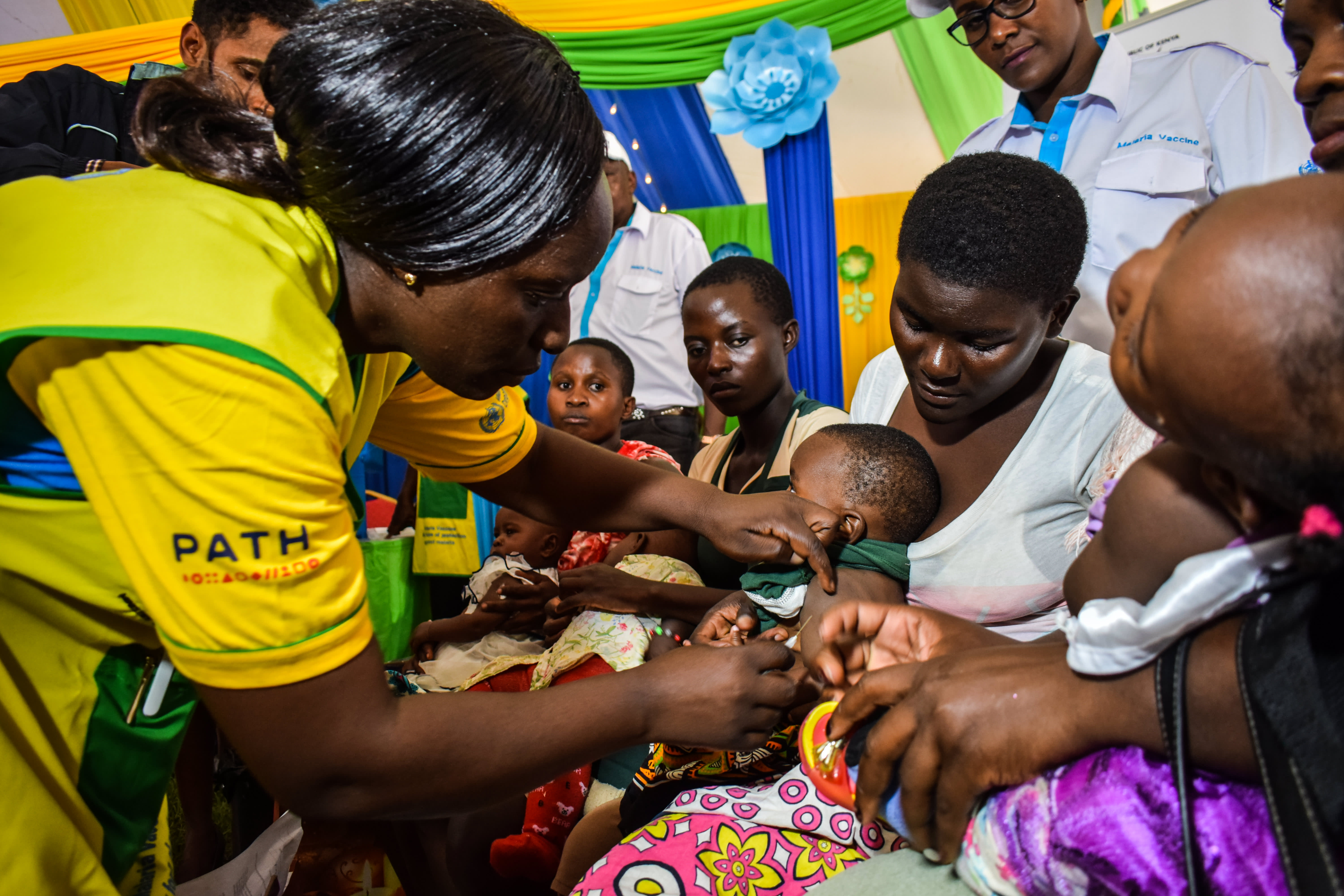‘A historic moment’: Why a malaria vaccine in Africa will reignite the fight against disease

WHO Director-General Tedros Adhanom Ghebreyesus speaks during a news conference after a ceremony for the opening of the WHO Academy, in Lyon, France, September 27, 2021.
Denis Balibouse | Reuters
Policymakers and health experts have welcomed the WHO’s authorization of the first ever malaria vaccine, which could be rolled out in sub-Saharan Africa by the end of 2022.
The WHO signed off on wider use of GSK‘s RTS,S malaria vaccine following pilot programs in Ghana, Kenya and Malawi, which tracked 800,000 children since 2019.
GSK Chief Global Health Officer Thomas Breuer said the vaccine, which began development in 1987, can “reinvigorate the fight against malaria in the region at a time when progress on malaria control has stalled.”
Meanwhile WHO Director-General Tedros Adhanom Ghebreyesus called the approval a “historic moment” and said it “changes the course of public health history.
U.K. Health Secretary Sajid Javid called the approval an “excellent result for the public health of the continent and for British science.”
The vaccine, although the first ever to gain approval, is still only 30% effective, requires four doses and fades within months.
However, scientists are hopeful that its approval marks a watershed moment for efforts to tackle the malaria burden in sub-Saharan Africa. The region accounts for a majority of the world’s 400,000 malaria deaths each year.
Colin Sutherland, professor of parasitology at the London School of Hygiene and Tropical Medicine, told CNBC Thursday that children from low-income families in high transmission areas would ordinarily have several bouts of malaria every rainy season, or even throughout the year.
“The public health impact is therefore not only severe illness and even death in a relatively small proportion, but chronic or repeated infections leading to anemia, fatigue, poor school attendance, reduced learning opportunity and also impaired cognition,” Sutherland said.
“In that context, a vaccine that offers three to six months of protection at 30% can have some very welcome public health benefits.”
A health worker vaccinates a child against malaria in Ndhiwa, Homabay County, western Kenya on September 13, 2019 during the launch of malaria vaccine in Kenya.
Brian Ongoro | AFP | Getty Images
Sutherland suggested that the breakthrough could contribute to more rapid progress in the battle against malaria, providing that resources continue to be devoted to management, prevention and control alongside vaccine development.
New data showed that RTS,S, when combined with seasonal antimalarial medication, reduced clinical episodes, hospitalization and death by around 70%.
Sutherland also said the long-term prospects of future malaria vaccines deploying the same RNA-based technology present in the Pfizer–BioNTech and Moderna Covid-19 vaccines are “excellent,” and have opened up a “very exciting pathway” in vaccine research.
“Pharma needs strong partnerships and incentivisation to work in tropical disease drug and vaccine development. In fact, malaria vaccine success (and indeed Covid vaccine success) has not come just from private enterprise working alone, but from a complex ecosystem of co-operation and innovative funding mechanisms involving academia, pharma, international charities and substantial amounts of direct government funding (from the UK, EU, USA and other countries),” he highlighted.
“Therefore it is imperative that government funding is maintained, particularly in global health where profits are low.”




